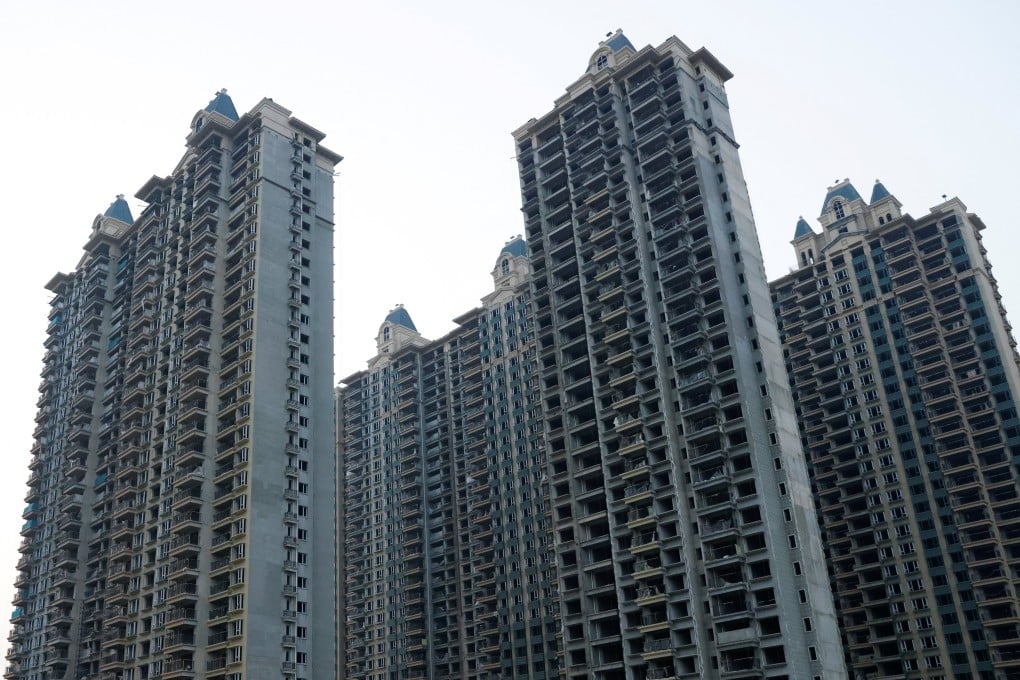Advertisement
China Evergrande crisis: developer to offer 2,000 completed flats in Labour Day sales push that will test its credibility
- The heavily indebted developer will kick off a holiday promotions campaign from April 30 during what is traditionally a golden week for property sales
- The response to the festive sales push should provide a gauge of the developer’s credibility with potential buyers.
Reading Time:3 minutes
Why you can trust SCMP

Embattled China Evergrande Group is offering 2,000 completed homes for sale during the upcoming Labour Day holiday, putting its market credibility to the test after assembling a battery of advisers to overcome its liquidity crisis.
The heavily indebted developer, chaired by Hui Ka-yan, will kick off a holiday promotions campaign from April 30 during what is traditionally a golden week for property sales, it announced on Tuesday. It said it would implement 10 “key marketing measures” to boost sales.
The group’s office will offer 1,000 units in 10 cities including Guangzhou, Foshan, Zhaoqing, Qingyuan and Shaoguan, according to promotional material. The units represent half of its housing stock in the Pearl River Delta.
Advertisement
It said properties on offer will include villas, high-rise apartments, serviced apartments and shops. The festive promotions will apply to some of Evergrande’s 400 projects currently on sale across the nation, said a company spokeswoman, without disclosing further details.
“Previously, Evergrande has offered 20 to 30 per cent discounts to boost sale,” said Andy Lee, CEO for southern China at Centaline Property Agency (China).
Advertisement
The response to the sales push should provide a gauge of the developer’s credibility with potential buyers, with the group still mired in debt. The developer hasn’t published its accounts since its interim report when its total liabilities ballooned to 1.97 trillion yuan (US$305.6 billion).
Advertisement
Select Voice
Select Speed
1.00x